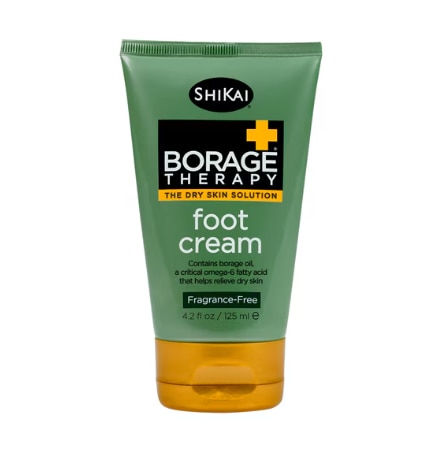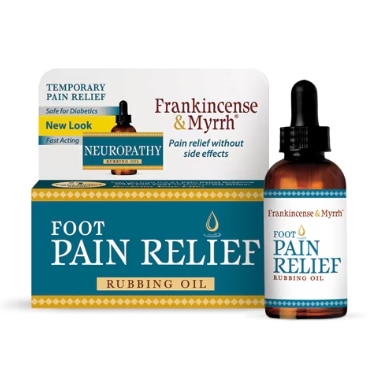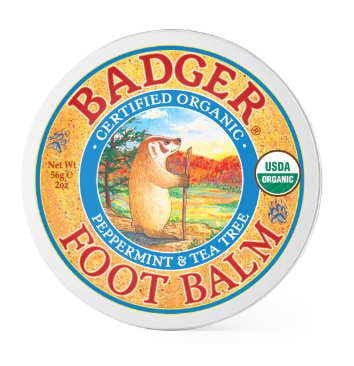All of us have squeezed our feet into an uncomfortable pair of shoes, dying for the moment we can get home and take them off. We wear uncomfortable shoes for aesthetic reasons, or out of blind hope that this time the shoe will actually fit. But wearing tight, pointy, or excessively high-heeled shoes is not simply a pain—it’s bad for your overall health. Here’s why—and what you can do about it.
9 foot problems caused by shoes
Shoes can significantly impact foot health. Poorly designed, ill-fitting, or inappropriate footwear can lead to a range of foot problems:
Bunions (Hallux Valgus)
Cause: Narrow, pointed-toe shoes or high heels that squeeze the toes together.
Effect: A bony bump forms at the base of the big toe, causing misalignment and pain.
Hammer toes
Cause: Shoes that are too tight or short, forcing the toes into a curled position.
Effect: Permanent toe deformities and pain.
Corns and calluses
Cause: Friction or pressure from tight or loose shoes.
Effect: Thickened, hardened skin that can become painful.
Plantar fasciitis
Cause: Shoes with poor arch support or insufficient cushioning.
Effect: Heel pain caused by inflammation of the plantar fascia (the ligament running under the foot). Lack of sufficient arch support can also result in overpronation and foot fatigue.
Ingrown toenails
Cause: Shoes that press the toes together, causing the nail to grow into the skin.
Effect: Pain, swelling, and infection around the toenail.
Blisters
Cause: Friction from ill-fitting or stiff shoes.
Effect: Fluid-filled bubbles that can burst and become sore.
Achilles tendonitis
Cause: Shoes with inadequate heel support or very high heels.
Effect: Inflammation and pain in the Achilles tendon.
Morton’s neuroma
Cause: Narrow or high-heeled shoes that compress the toes.
Effect: Pain and numbness in the ball of the foot, typically between the third and fourth toes, caused by nerve irritation.
Metatarsalgia
Cause: High-impact activities combined with shoes lacking cushioning.
Effect: Pain and inflammation in the ball of the foot.
The wellness benefits of proper footwear
On the other hand, wearing comfortable shoes that allow your toes to breathe, cushion your soles and provide a sturdy platform for your feet can have significant implications for your overall wellbeing. Here are some of the surprising benefits of choosing appropriate footwear.
Improved posture
Proper footwear supports the natural alignment of your feet, which in turn helps maintain good posture. Shoes with good arch support and cushioning reduce strain on your back, hips, and knees, making it easier to stand and walk upright.
Reduced risk of injuries
Wearing shoes designed for your activity of choice can minimize the risk of common injuries like sprains, blisters and plantar fasciitis. For example, running shoes are built to absorb shock and wear on the joints, while hiking boots provide ankle stability on uneven terrain.
Enhanced circulation
Ill-fitting shoes can impede blood flow, especially in individuals with conditions like diabetes or peripheral artery disease. Right-sized footwear reduces pressure points, promoting better circulation and reducing the risk of complications.
Halt chronic pain in its tracks
Inadequate footwear can lead to long-term issues such as bunions, corns and heel spurs. Shoes with proper cushioning can help prevent these problems, sparing you from chronic pain down the line.
Maximum mobility
Supportive footwear improves balance by providing a stable base for your feet. This is especially important for older adults, as it reduces the risk of falls and helps maintain mobility.
Peak performance
For athletes, the right shoes can make a huge difference in performance. Specialized footwear provides the traction, support and flexibility needed for specific sports, enhancing speed and agility.
Mood mender
Wearing comfortable shoes also has a psychological upside. When your feet are pain-free, you’re more likely to stay active and enjoy physical activities, which has an enormous bearing on your mood and overall mental health.
How to choose proper footwear
Proper footwear is an investment in your long-term health. Whether you’re walking around the neighborhood, working out, or just relaxing at home, the right pair of shoes makes a world of difference. Follow these tips to get you on the best path to footloose and fancy-free.
Know your type
Seek out a shoe store that prides itself on expert service and ascertaining the best fit. Educate yourself on what type of foot you have, whether high arch, flat feet or neutral alignment.
Get the right shoe size
Your foot can change shape and size as you age, so be sure to get your feet measured when you need to buy new shoes. Trying on shoes later in the day, when your feet are likely to be more swollen from use, will ensure you don’t by shoes that are too small and tight. Certain shoes, like running sneakers, you will need to size up to avoid too much pressure when running downhill.
Prioritize fit over fashion
Avoid like the plague shoes that pinch, rub or leave your feet sore. High heel wearers, looking at you. Aim for a more moderate approach. First off, it’s best to limit the amount of time you spend in these shoes. Look for thicker heels, such as platform or wedges, or heels shorter than three inches, which will decrease pressure on the ball of the foot, arch, and strain on your hips and back.
Replace worn-out shoes
Shoes lose their support over time; replace them regularly to maintain optimal foot health. The urge may be to keep your shoes until the soles are worn through, but by this time, they have likely degraded to the point of causing foot pain and discomfort. If your shoes are beginning to wear, but you can’t bear to part with them yet, consider adding insoles or getting them re-soled.
Consider orthotics
If you have specific foot issues, custom orthotics can provide additional support and comfort. if muscles, tendons, ligaments, joints or bones are causing pain, discomfort, and fatigue, it could be worth seeing a podiatrist.
Brands to consider that are kind to your feet
The following brands of shoes have innovative, supportive footbeds designed to help you get on your feet in comfort: Birkenstock, Taos Footwear, Vionic, Dansko, All birds, Vivaia, Oofos and Aetrex.




